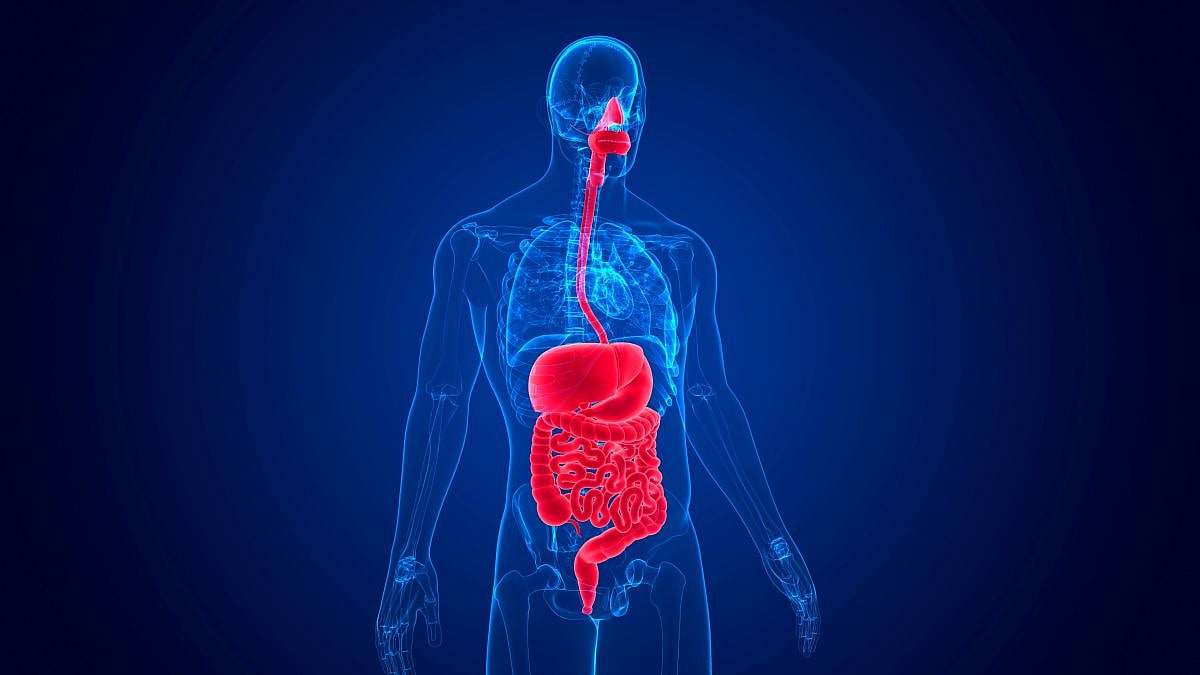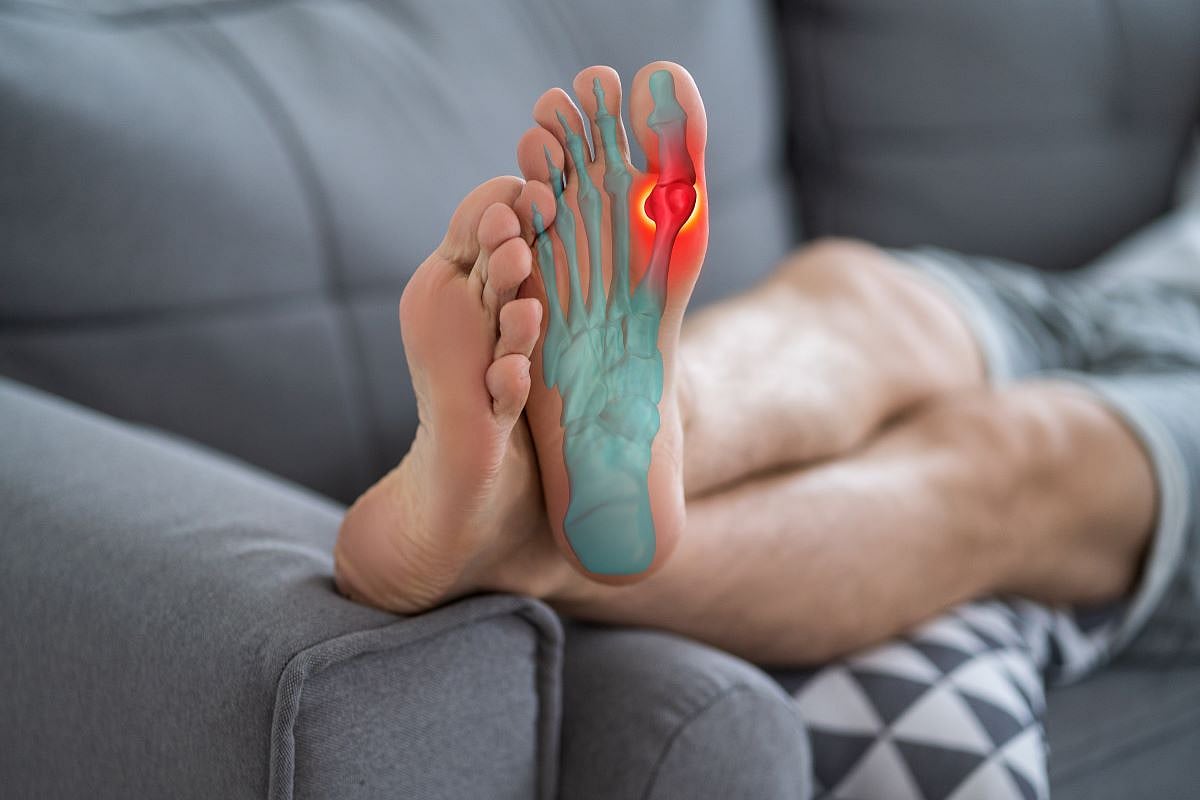
A recent hike in U.S. visa fees could cause a medical brain drain in America’s rural regions. Rural areas have nearly twice the percentage of medical professionals working under H-1B visas as urban counties, researchers reported Oct. 29 in the Journal of the American Medical Association. Likewise, the percentage of H-1B doctors is nearly four… read on > read on >


















